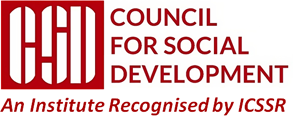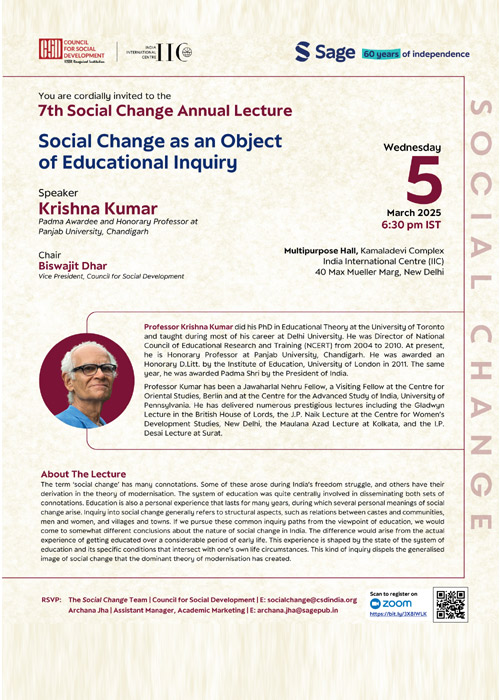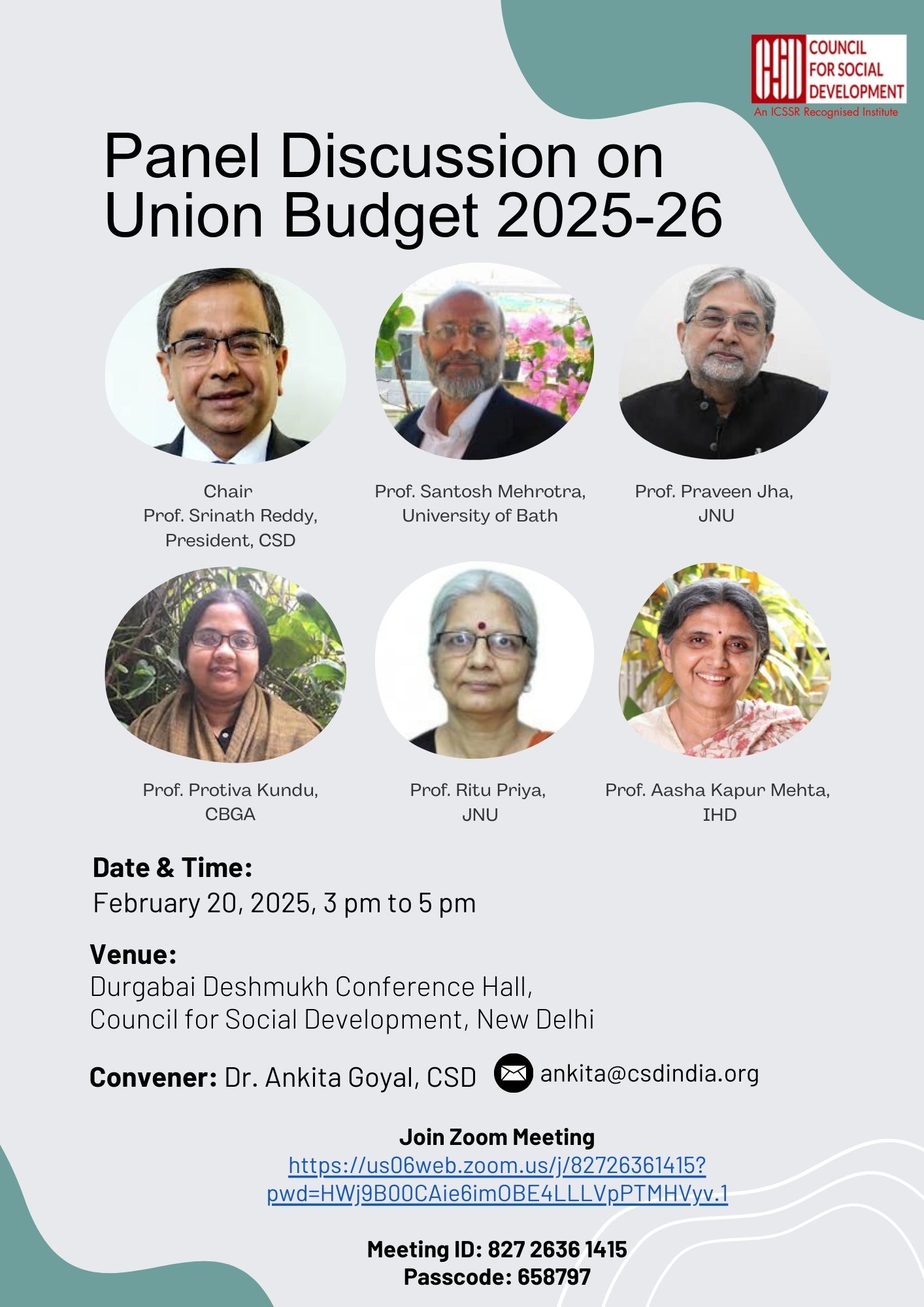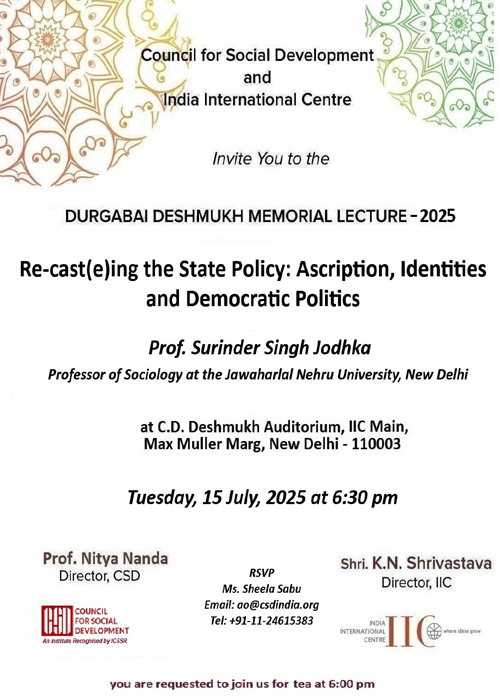Director's Message
Shri K.N.Shrivastava
Director, Council for Social Development
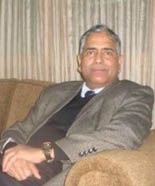 Shri K. N. Shrivastava
Shri K. N. Shrivastava
ABOUT US
For over five decades, the Council for Social Development (CSD) has functioned as a non-profit, non-partisan, vibrant research institution engaged in issues of social development, especially the welfare of the marginalised. In 1962, CSD began its journey as an informal study group at the India International Centre (IIC), New Delhi. Prominent social workers and social scientists, under the leadership of the legendary freedom fighter and social worker Durgabai Deshmukh, were part of this group. Read More
